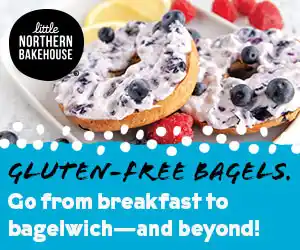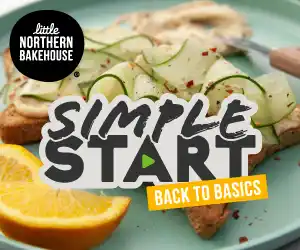-
Welcome to Celiac.com!
You have found your celiac tribe! Join us and ask questions in our forum, share your story, and connect with others.
-
Get Celiac.com Updates:Support Our Content
Ignorant Comments
-
Get Celiac.com Updates:Support Celiac.com:
-
Recent Activity
-
- trents replied to Maura Gissen's topic in Food Intolerance & Leaky Gut3
Autoimmune Reaction to SO many foods
Did the symptoms commence after you discontinued the AIP diet? Have you checked all nutritional supplements and oral hygiene products for possible gluten content? Have you recently checked all the labels of purchased processed foods in your pantry to check for formulation changes that might have introduced gluten? Historically, when "glutened" did... -
- Maura Gissen replied to Maura Gissen's topic in Food Intolerance & Leaky Gut3
Autoimmune Reaction to SO many foods
Hi Trent! Thanks so much for your warm welcome and questions! They do, but these symptoms have been ongoing for a long time before the pregnancy. However, it's hard for me to know what's a celiac response vs. a Hashimotos one. I haven't, maybe it's worth getting those checked again? -
- trents replied to Maura Gissen's topic in Food Intolerance & Leaky Gut3
Autoimmune Reaction to SO many foods
Welcome to the forum, @Maura Gissen! Don't those same symptoms often come along with the territory when pregnant? And then throw in Hashimoto's. Have you had your celiac antibody levels checked recently? -
- Maura Gissen posted a topic in Food Intolerance & Leaky Gut3
Autoimmune Reaction to SO many foods
Hi! I have been diagnosed with celiacs and hashimotos for about 1.5 years. I have been on a gluten-free diet since then, and was on a strictly AIP diet for about 6 months a while back. I'm now pregnant, making food eliminations really hard. However, even with cutting out gluten and cross-reactive foods like corn, dairy, oats and yeast, I'm still having flare... -
- Scott Adams commented on Scott Adams's article in Diagnosis, Testing & Treatment2
Novel Enzyme Therapies Could Lead to Gluten Digestion in Celiac Disease (+Video)
This is a very difficult question to answer. The process for FDA approval could take 5-10 years or even longer. It could also fail during clinical trials, or lose funding (average cost years ago to get through clinical trials and FDA approval was $40 million!).- accidental gluten exposure
- celiac disease
- (and 8 more)
-










Recommended Posts
Archived
This topic is now archived and is closed to further replies.